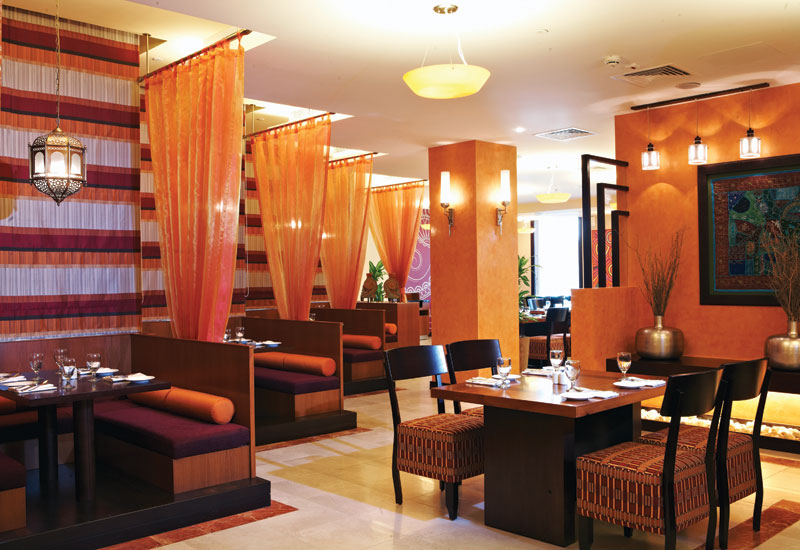“Firstly, it’s about engaging with our customers and giving them a platform where they can talk directly to us. Secondly, it’s about raising brand awareness – trying to push the brand out to a certain demographic around the GCC. And thirdly, we use Facebook to drive traffic to our website.”
Premier Inn strives for a targeted approach to its social media advertising. It specifically targets a 25-to-45-year-old demographic within the GCC, who have expressed an interest in travelling or hotels.
However, tracking the success of its social media strategy can be a challenge. “We report on the engagement of our fan base. If we do certain promotions that link to our website, we’ll add some tracking to understand how many visits are delivered. But it’s quite difficult to measure the true value,” says Mitchell.

| Advertisement |
“The fact that social media is important is absolutely non-negotiable, but measuring its value in monetary terms, or in terms of a KPI, is difficult.”
Despite the challenges, social media is the only viable option when it comes to targeting the millennial generation, says HMH’s Voivenel, whose own personal/ professional Facebook page has approximately 24,000 followers.
“About 50% of the millennial generation book their hotels using a tablet or mobile device. Obviously we want these consumers as our customers – the millennial generation is almost as big as the ‘baby-boomers’ – so we have to give them content they want in the format they want to read it,” he says.
“Not so long ago, corporate executives controlled the conversation when it came to their products and services. But today, thanks in large part to social media technologies, customers play an equally vital role,” says Voivenel.
Accor’s Henry agrees that the way social media has put control into the hands of the consumer is revolutionising the way hoteliers have to think about their marketing strategies.
“We are going from one-size-fits-all mass marketing to one-to-one marketing. The customers don’t want to be told what’s good for them. They want to find out for themselves from trusted sources, like Facebook or – particularly for the Saudi Arabian market – YouTube. The level of engagement in Saudi with YouTube is unbelievable,” he states.
As well as corporate promotional videos, YouTube users can view spontaneous, improvised videos uploaded by satisfied guests. These can actually be an incredibly effective forms of free marketing, says Henry.









 Search our database of more than 2,700 industry companies
Search our database of more than 2,700 industry companies









